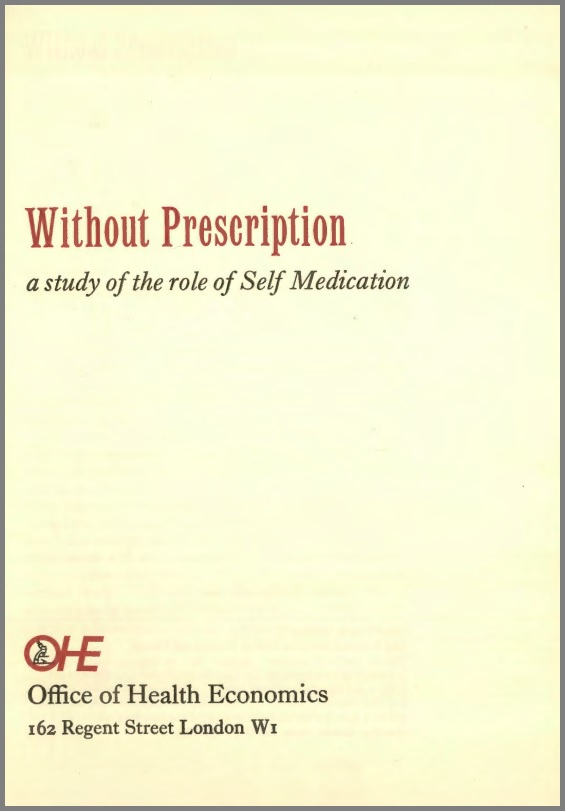Sign up to our newsletter Subscribe
Challenges and Solutions for Budget Impact Analysis of Gene Therapies

The total expenditure on medicines in the United Kingdom in 1966 was £267 million. Of this £188 million was for medicines prescribed on the National Health Service. The other £79 million was spent by the public mainly for medicines bought without a doctor’s…
The total expenditure on medicines in the United Kingdom in 1966 was £267 million. Of this £188 million was for medicines prescribed on the National Health Service. The other £79 million was spent by the public mainly for medicines bought without a doctor’s prescription. Thus self-treatment still forms an important aspect of medical care, although in terms of cost it accounts for less than half per cent of total consumer expenditure.
The extent of private purchases of medicines may seem surprising in a situation where medicines are available to all either free or at nominal cost under the National Health Service. Indeed the manufacturers of proprietary remedies themselves believed that their sales would dwindle once the Health Service had been established. However, even when medicines have been entirely free under the National Health Service, many people still have preferred to pay for their own household remedies rather than to visit the doctor to obtain them without charge. Whereas it was the original concept that all sickness should come within the scope of the Health Service, it is now acknowledged that much treatment must fall outside it.
This paper considers the human reasons leading to self-treatment, the common type of diseases involved, and the ways in which they are treated. It goes on to consider the impact of this approach on the overall standards of health in the United Kingdom.
Without Prescription: a Study of the Role of Self-Medication
